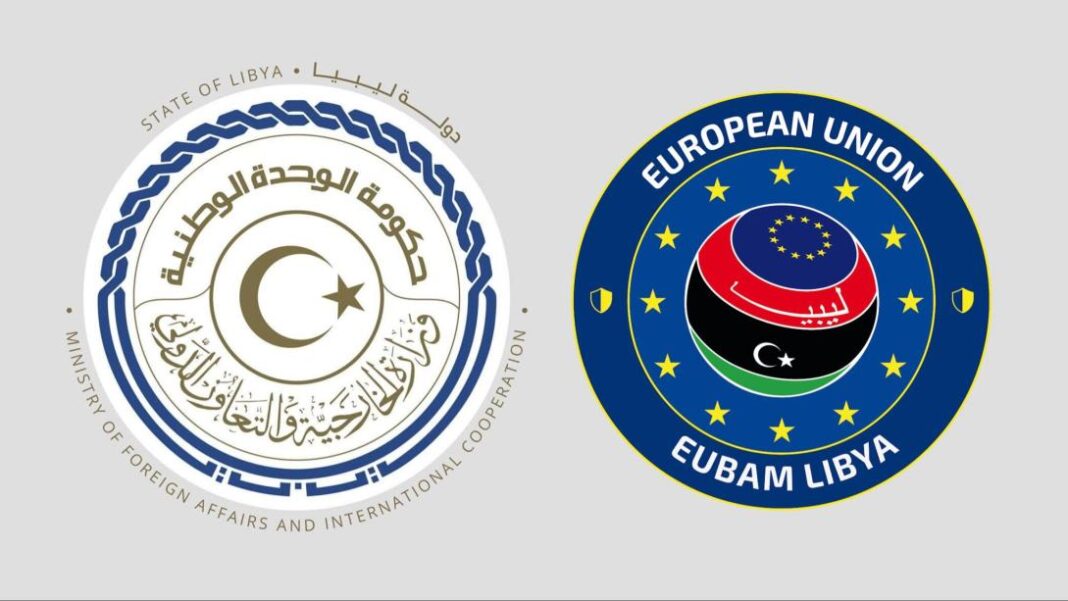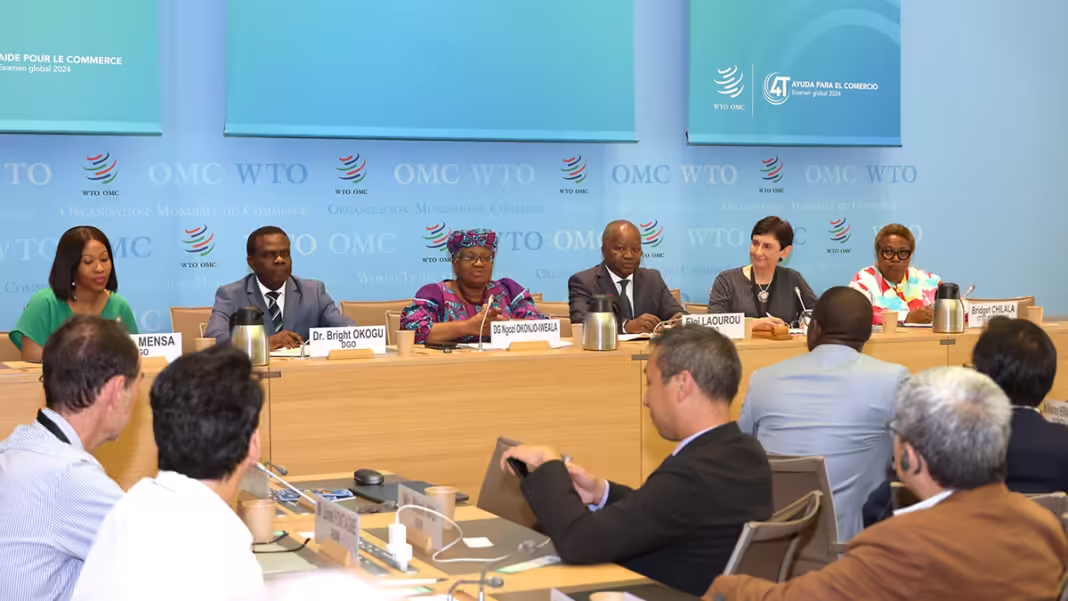GABORONE, June 25, 2024 — Deputy Administrator Isobel Coleman of the U.S. Agency for International Development (USAID) delivered a compelling address at the Africa Chiefs of Defense (CHOD) Conference, emphasizing the critical importance of collaboration between military and civilian efforts to ensure peace, stability, and development across the continent.
Reflecting on the myriad threats facing Africa today, Coleman stated, “Throughout the morning, we’ve heard about the threats facing our world today – conflict and violent extremism, poverty and pandemics, drought and food insecurity, climate change and natural disasters. These threats are related, mutually reinforcing, and the issues that keep us up at night.”
Coleman elaborated on the crucial role of USAID in addressing these challenges, noting, “Our ability to build a secure world rests on collaboration between our diplomatic, defense, and development efforts. Through our development efforts around the world, we take on the underlying destabilizing factors that lead to violence and threaten peace.”
The Deputy Administrator emphasized the importance of a comprehensive civil-military approach to achieving lasting peace and stability. “Establishing enduring peace and stability requires a comprehensive civil-military approach – one that proactively engages and builds trust with local communities, empowering them to take ownership of the underlying social, economic, and political issues that drive conflict,” she explained.
Coleman provided concrete examples of successful collaboration, such as USAID’s work in Somalia and Nigeria. “In Somalia, the United States is the largest contributor to stabilization efforts in areas recovered from Al-Shabaab. In newly liberated areas, USAID rapidly engages with community leaders to address immediate needs,” she shared. “In Nigeria, USAID simply listened to local businesses and worked with the military to adjust curfew hours so that markets could remain open, reducing the burden that security restrictions had on citizens.”
Highlighting the significant development progress in Africa, Coleman noted, “Over the past twenty years, life expectancy in sub-Saharan Africa has increased by a full decade, the maternal mortality rate has fallen by over a third, and the child mortality rate has fallen by over 50 percent.”
Coleman also praised the role of women in driving progress, stating, “Thanks to the commitment of people and governments across the African continent to uplift women, women’s rights and leadership have markedly improved. Five African countries are now among the top 20 nations for women’s parliamentary representation worldwide.”
Addressing the current challenges, Coleman pointed out the high rates of conflict and displacement, particularly in Sudan. “It is estimated that over 40 million people across Africa are forcibly displaced – more than double the number in 2016. In Sudan, more than 10 million people have been driven from their homes in the past 14 months,” she said, describing it as a “staggering human tragedy.”
In her closing remarks, Coleman called for continued and urgent collaboration. “It is essential that we work together urgently – bringing diplomacy, defense, and development to bear – to address the most pressing challenges of our time in a strategic and sustainable way that uplifts humanity while building a more peaceful, prosperous, and secure world,” she concluded.
Deputy Administrator Isobel Coleman of USAID addressed the Africa Chiefs of Defense Conference, emphasizing the critical need for collaboration between military and civilian efforts to ensure peace, stability, and development across Africa. Highlighting both the challenges and remarkable progress on the continent, Coleman called for continued and urgent cooperation to build a more peaceful, prosperous, and secure world.




